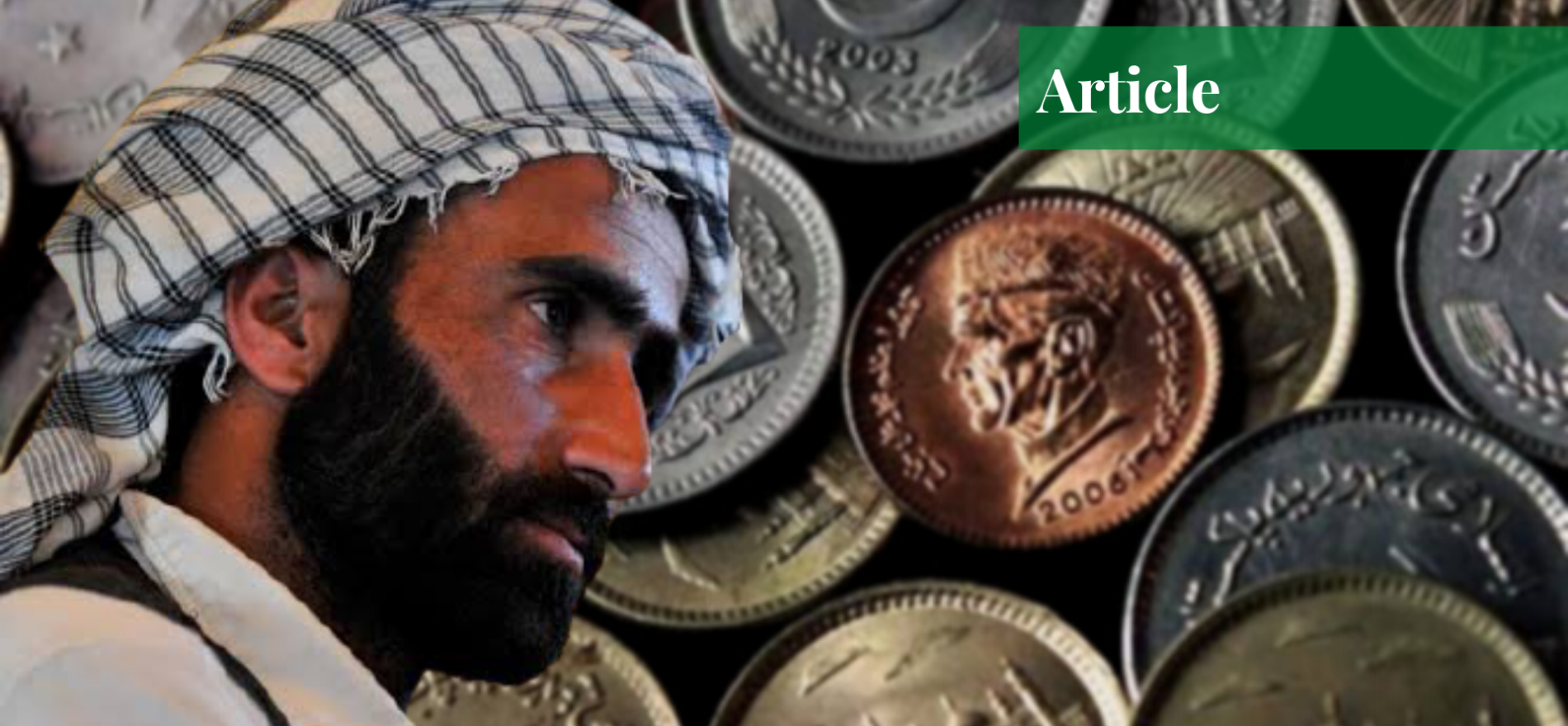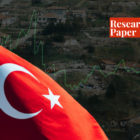Nimra Dawood is an undergraduate student, pursuing a degree in international relations from National Defence University, Islamabad. She is interested in current affairs, geopolitical trends, regional political dynamics, and power transition in the international arena. She loves to critically analyze the changing dynamics of the world and the motives of key actors.
The capture of Kabul by the Taliban forces on 15th August 2021 came as a surprise for the whole world. The sudden change in Afghanistan would have far-reaching impacts on the region of South Asia, especially for the economy of Pakistan. Despite possessing the best intelligence agencies and having contacts worldwide, even the US had not anticipated the sudden takeover by the Taliban.
According to the recent interview of President Biden, he was expecting the Afghan National Army to fight against the Taliban as around $83 billion has been spent on them by the USA. There was deep penetrating damage to the morale of Afghan nationals and troops because of the sense of abandonment they felt when the news spread about President Ashraf Ghani and other Afghan government officials running away. Whatever the case might have been and whoever is to be blamed for this chaos and mayhem in Afghanistan, the implications of a Taliban government coming into power cannot be denied.
Economic Decline
The fall of Kabul would primarily influence the economy of Pakistan. Despite the COVID-19 chaos and lockdown, the 3.94% economic growth of Pakistan in the year 2021 was seen as remarkable progress. This progress is particularly exceptional since the state is highly indebted with an unknown future of the GSP plus status, slow progress in the China-Pakistan Economic Corridor (CPEC) projects, and the burden of FATF grey list still hanging over her head. The repercussions of the regime change in Afghanistan can not only impact the economy of Pakistan but can also undermine the developmental projects under progress in Pakistan.
Recently, there was seen an 8% decline in the rates of bonds, the reasons behind which are still argued. However, the problem can become worse with the rise of refugee influx into Pakistan through the Chaman, and Torkham border. According to the estimates of the United Nations High Commissioner for Refugees (UNHCR), almost 400,000 Afghans have fled from Afghanistan since the beginning of this year.
Refugee Crisis
Now with the takeover of the Taliban, many people see no future in this war-torn country, especially when the funding from the USA would be halted and the Afghan assets are said to be unavailable for the Afghan Taliban. Previously, most Afghan migrants—approximately 1.4 million—were residing in Pakistan. If the conditions in Afghanistan are worsened, then this number would rise even when the borders are fenced and said to be safe.
Opening the borders for Afghan refugees would not only increase the refugee influx into Pakistan but would also indirectly increase the possibility of extremist factions entering the state. These factions may also include many Tehreek-e-Taliban Pakistan (TTP) leaders who were released after the US withdrawal from the Bagram airbase.
Drug Trafficking and Terrorism
In addition to this, currently, the Taliban government has nothing to support the economy of Afghanistan, either in form of some raw products or skilled labor; the only thing they have is the drug industry running in the south of Afghanistan for ages. Being a landlocked country, Afghanistan could exploit the open border with Pakistan and use it for these heinous purposes. From the past, we can learn the lesson that opening borders, even based on humanitarian or religious grounds (surely with some financial aspects), could cost us a lot; the loss of life and infrastructural damage are just one aspect to it.
Estimates show that around 35-40 billion dollars were lost due to terrorism since 2001-2002. Moreover, the security operations in the areas of NWFP (now known as Khyber Pakhtunkhwa or KPK) and the Federally Administered Tribal Areas (FATA) resulted in a halted economic growth at 2%—which was also impacted by the global financial crisis of 2008.
The greatest problem raised after the terrorist attacks was the damage to the soft image of Pakistan, which impacted not only the rates of foreign direct investments (FDI) but also resulted in a declining charm of the tourism industry of Pakistan. Pakistanis were particularly depicted as “terrorists” and “extremists” in the international entertainment industries. This only served the purpose of Pakistan’s enemies, while the state had to pay a great cost for its foreign involvement in Afghanistan.
The Taliban Government and Stability in Afghanistan
Even the inactive behavior of the Taliban government for rebuilding the nation can result in the worst possible scenario for the economy of Pakistan, as various factions in Afghanistan consider Pakistan responsible for their state failure. However, it is also possible that the rise of the Taliban may make Pakistan, once again, an important strategic partner for the West, especially the US.
In this way, Pakistan can have options, other than China, that can be utilized to ensure many of its geopolitical and geostrategic interests in the region and abroad. However, to make the best out of this, the government must act decisively, not in a tactical sense but in a strategic manner.
Conclusively, it can be said that the initial invasion of Afghanistan by the West was not good for the region where India and China were rising as major world economic powers with complex geopolitical tensions. However, once this status quo was maintained for around 20 years, the quick and indecisive withdrawal of the American troops from the Afghan territory would create far-reaching problems.
The power vacuum which is now filled by the Taliban government will face further tensions in the upcoming years. In the case of Pakistan, any devastating situation in Afghanistan could simply spill over into the country based on ethnic, religious, historical, and cultural lines and prove taxing for the economy of Pakistan. However, a peaceful and stable Afghanistan, nurturing no extremist faction against any other state would benefit the whole of South Asia.
For the energy programs between the Central Asian region and South Asia to progress, a stable environment, ensuring the safety of the billions of dollars being invested into the country, is required. Currently, China is the one player that would benefit the most if the Afghan Taliban ensure the safety and protection of the projects that may pass through it under the Belt and Road Initiative (BRI). Regardless of that, the Taliban government would surely want these developmental programs in the country to gain international legitimacy and support.
If you want to submit your articles and/or research papers, please check the Submissions page.
The views and opinions expressed in this article/paper are the author’s own and do not necessarily reflect the editorial position of Paradigm Shift.


















